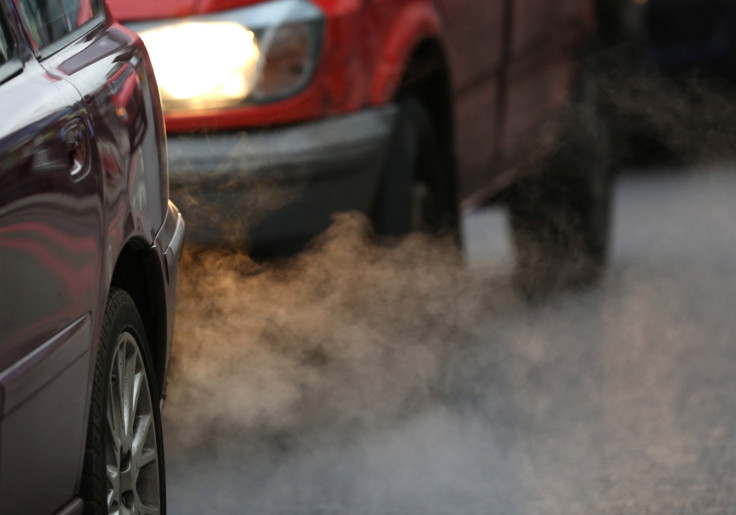German carmakers funded trials that saw 'monkeys forced to inhale exhaust fumes'

KEY POINTS
- Volkswagen, Daimler and BMW distance themselves from studies by EUGT.
- One test saw 25 people engaging in "short-term nitrogen dioxide inhalation".
- Companies previously condemned study involving testing fumes on monkeys.
German car manufacturers Volkswagen, Daimler and BMW allegedly funded an experiment which involved asking people to inhale a gas found in exhaust fumes, according to reports.
Research organisation European Research Group on Environment and Health in the Transport Sector, commissioned the study at the Aachen University involving 25 people inhaling nitrogen dioxide sometime between 2012 and 2015.
The study by EUGT, which received its funding from the German carmakers before it was dissolved last year, involved "short-term nitrogen dioxide inhalation by healthy people" in various amounts over the course of several hours.
German newspaper Stuttgarter Zeitung reports that the purpose and the outcome of the study was not clear nor could the impact of the gas be determined when the study was published in 2016.
The revelations surface after Volkswagen, Daimler and BMW condemned another experiment conducted by EUGT which saw monkeys exposed to toxic diesel fumes.
The New York Times reported that the study was initiated to defend the use of diesel following revelations that the fuel's exhaust fumes were carcinogenic.
Condemning the reports, a spokesperson for Daimler said: "We are appalled by the extent of the studies and their implementation. We condemn the experiments in the strongest terms. Even though Daimler did not have influence on the study's design, we have launched a comprehensive investigation into the matter."
BMW said the group "in no way influenced the design or methodology of studies carried out on behalf of the EUGT". A statement from Volkswagen said the company "explicitly distances itself from all forms of animal cruelty. Animal testing contradicts our own ethical standards".
In 2016, Volkswagen's US operations revealed the car company was found to have manipulated data to make it appear that some of its diesel engineered vehicles were more environmentally friendly than they actually were. The German car manufacturer reported a loss of nearly €3.48bn as a result of the emission scandal as it was discovered around 11 million cars had been affected worldwide.




















